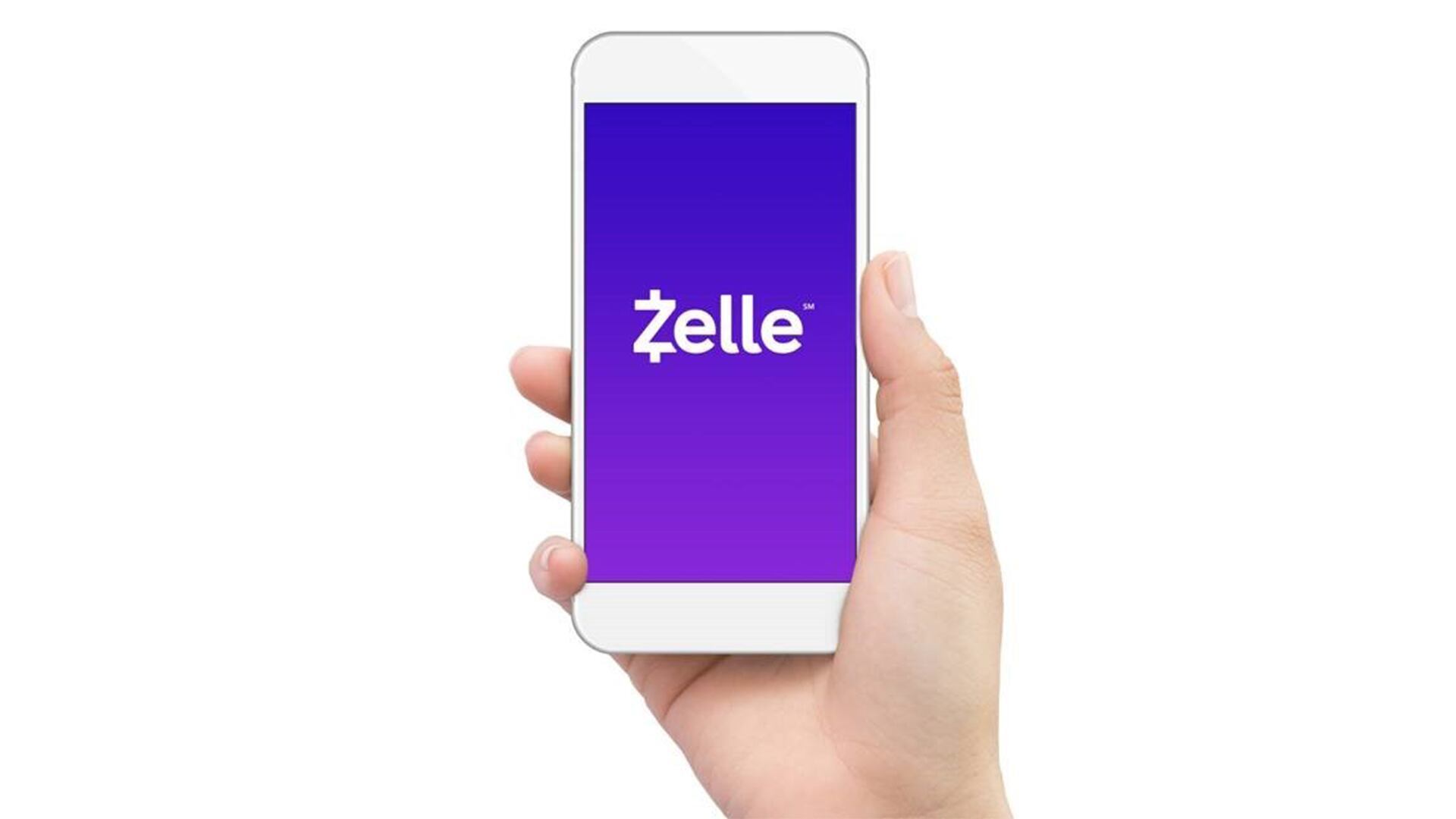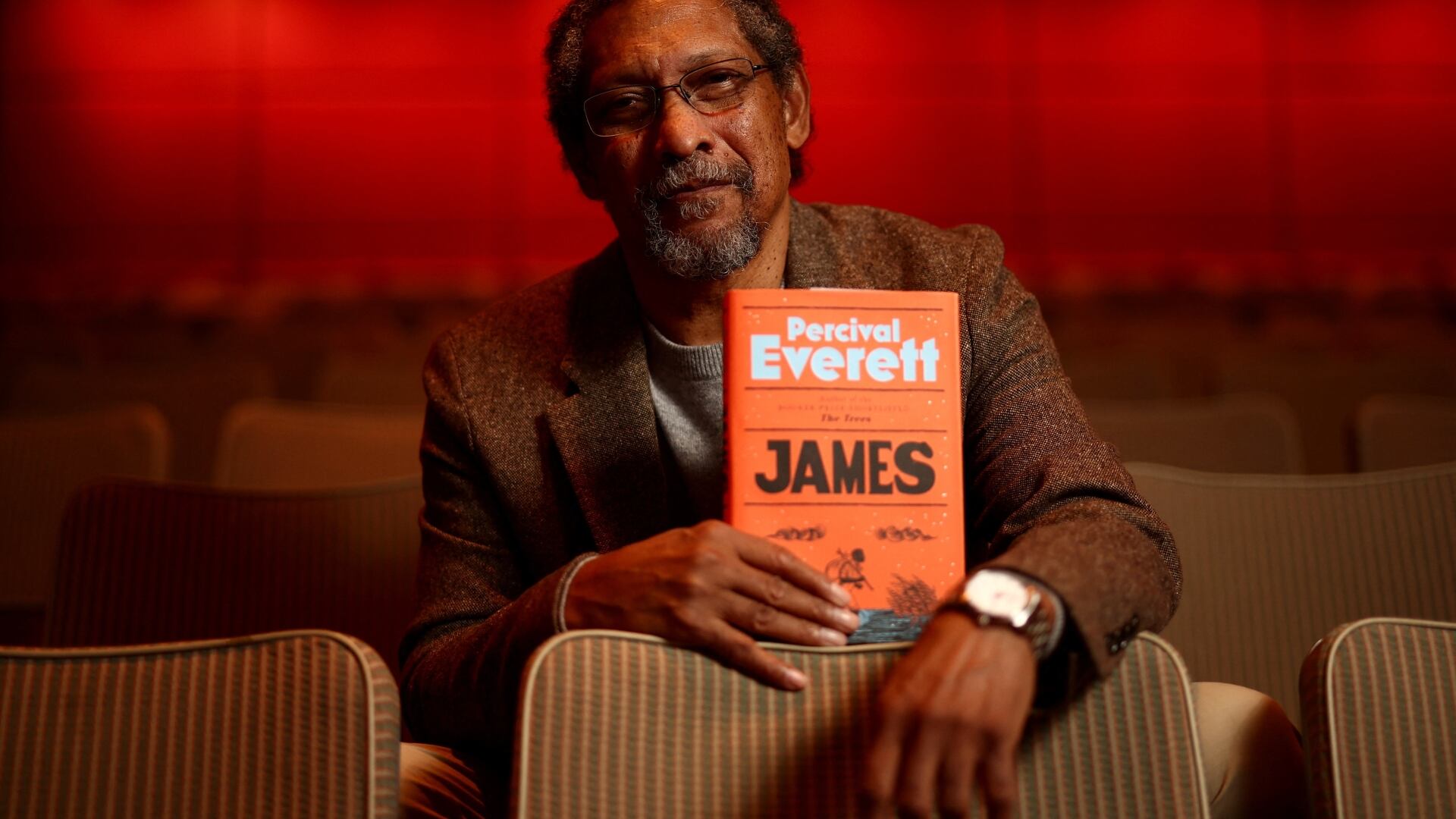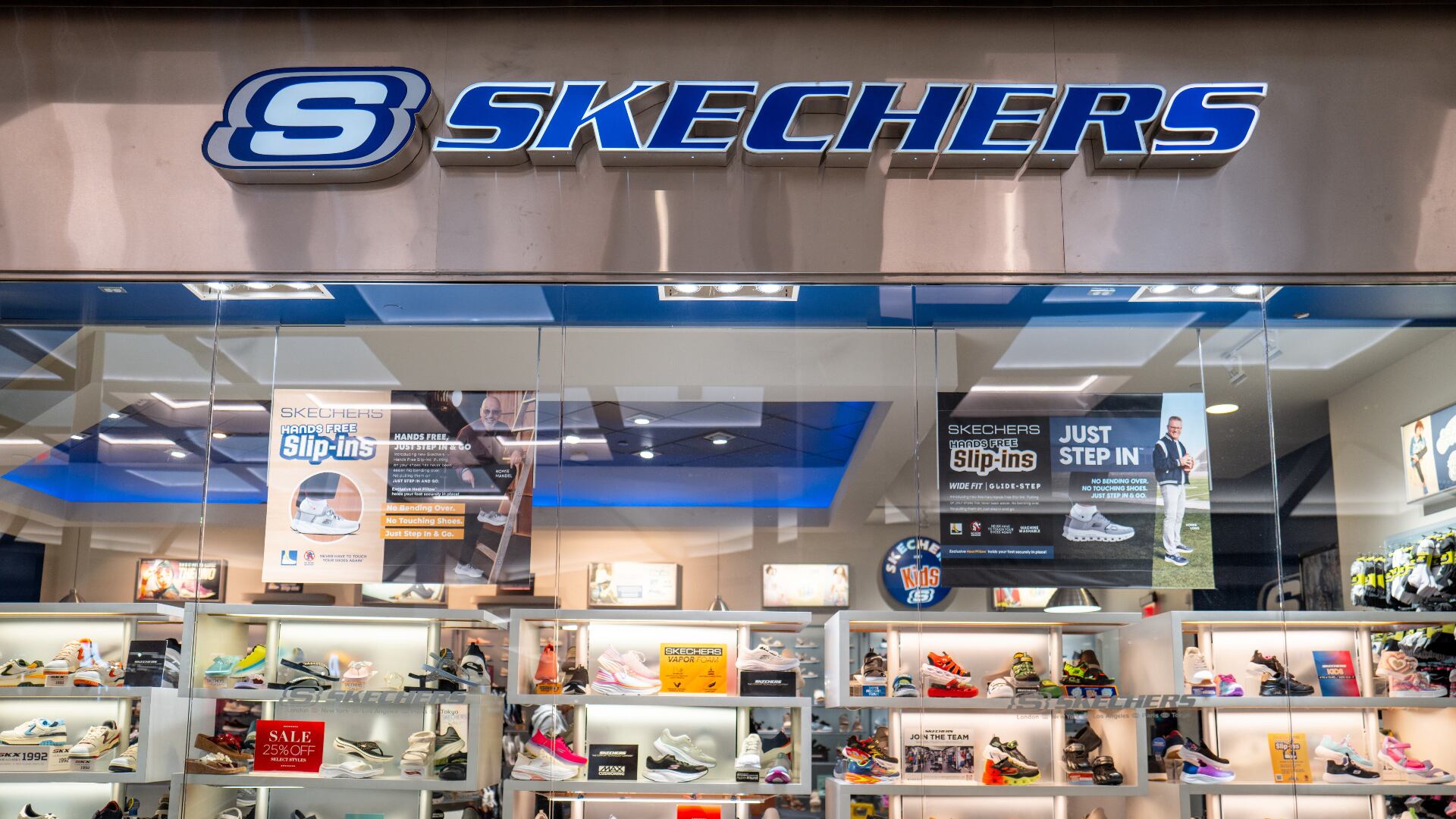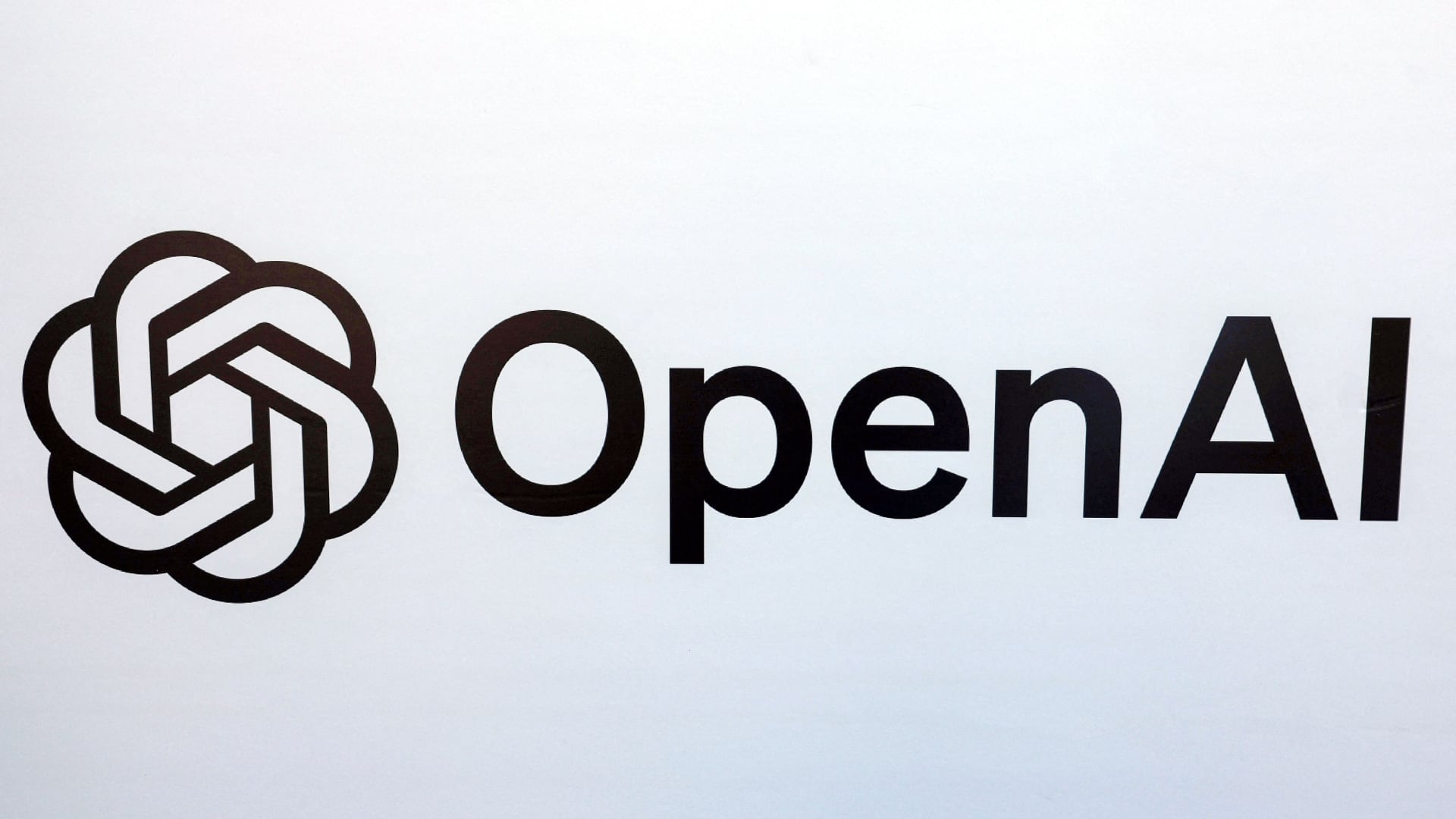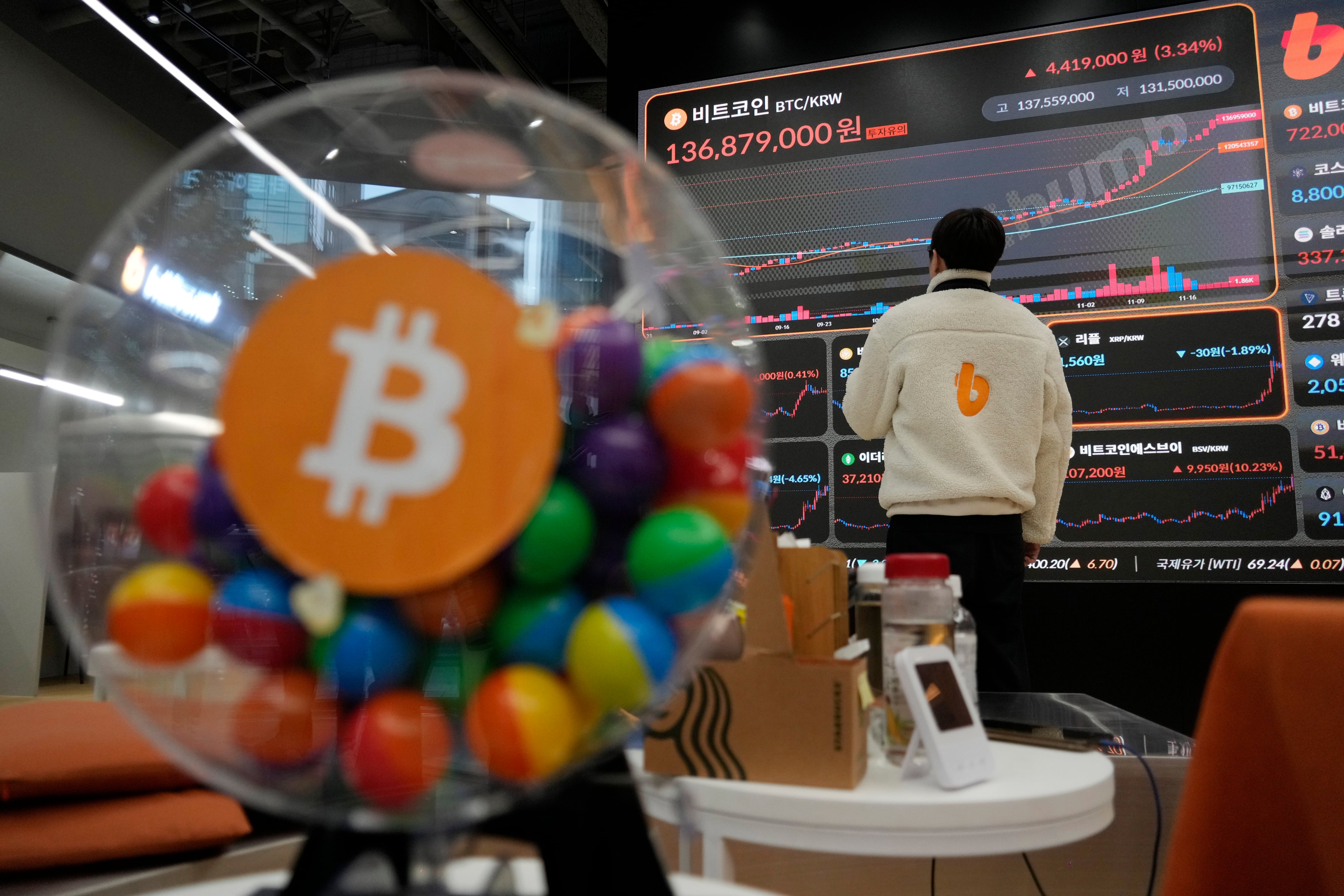Every year, millions of people use Google to find answers, search for news, and ask the anonymous search engine what they may not ask their friends. While your specific searches are still anonymous, Google's 'Year in Search' report is out, and it shows what we've all been looking for in 2019.
Google searches for "how to become a first responder" hit an all-time high in the U.S. during Hurricane Dorian, the strongest tropical storm to hit the Bahamas. Global searches for "climate change" also reached a record high and the Women's World Cup was one of the most-searched-for terms worldwide. Additionally, searches for "sheroes" shot up by 150 percent, and "first female spacewalk" trended around the world.
"In 2019, the world found heroes," Simon Rogers, Google News Lab's Data Editor, wrote. "We found heroes at the box office, where Avengers: Endgame was the top-trending movie around the world."
But Disney+ took the highest honors. The 1-month-old streaming service was the top-trending search term of the year in the U.S., followed by actor Cameron Boyce and rapper Nipsey Hussle, both of whom died this year, Hurricane Dorian, and embattled former NFL star Antonio Brown.
Google's lists are based on search terms that had the highest compared to the year prior. Search terms are divided by region and category and differ year-to-year, but Justin Burr, Google trends expert, told Cheddar the lists show "where we are as a society."
With the end of the decade upon us, this year's list also included a comparison to 2010's trending data. Justin Bieber appeared on both lists: in 2010 he was the top trending musician when his My World 2.0 album was released and in 2019 he was trending in the "weddings" category.
Burr said Google collects data through anonymized searching, like the time of day most searches occur or where people use Google, so the company doesn't collect data on specific behavior.
He said the U.S. government shutdown was one of the top trending topics in the news, but President Donald Trump did not make the cut this year. "We look at what is specific to that year," he said. "So, in 2016, Donald Trump was trending but he wasn't trending this year because we were looking at things that were specific to this year."



